Legal technology and digital transformation have altered the relationship between clients and law firms in light of technological advancements. With the grey areas between digital and law, there is a lack of qualified lawyers in this field. Law firms must take an interdisciplinary approach to legal services to combat this scarcity.
Smart contracts send data inputs to transfer payments or other assets using a technology known as DLT (Distributed Ledger Technology). Because blockchain has become a global phenomenon, we will discuss it extensively in the following article.
Concept Of Blockchain
A blockchain is a system where someone else transfers something of value to you, like cryptocurrency or data. Blockchain transactions could be used for data storage, applications, and distribution systems. Due to the network of computers and the indelible record history, blockchain is considered to be exceptionally secure.
Decentralization & Safety
When the internet first became available, it decentralized information. With this in mind, Blockchain, by storing transaction records, has paved the way for the decentralization of the certification process. As this technology spreads, third parties such as banks and governments will no longer serve as intermediary institutions.
Smart Contracts: What Distinguishes Them
A vending machine analogy is the simplest way to explain how smart contracts work. Consider purchasing a drink from a vending machine and putting your money and trust in the machine. The vending machine has the authority to control the property, and anyone with cash can use its services directly. There is no need for third-party verification. Smart contracts make use of the same system in a more secure manner. Furthermore, smart contracts can transfer intellectual property rights, landed property, share ownership, and so on.
Traditional contracts allocate risk, but Smart Contracts add value to a company by preventing problems and disputes.
When smart contracts replace traditional agreements, problems with traditional contracts, such as grammatical errors, will be reduced.
Legal Layout
Because smart contracts combine law and design, their legal strategy must be proactive and interdisciplinary. The primary goal is to create a secure environment for clients and law firms in light of desired outcomes. As a result, the legal design of smart contracts should avoid complex structures that are difficult for users to understand. It is also critical to create user-friendly interfaces for smart contracts so that users can implement them. In other words, the legal design emphasizes the significance of visual interaction.
When smart contracts are used, visual interaction between clients and law firms will be much easier. Visualization is a helpful feature of digital transformation that allows people to think, interact, and comprehend. Unlike traditional arrangements, smart contracts create an interactive environment for legal operations.
After all, why do we need contracts in the first place? It has been a difficult question for lawyers and academics to answer. Some argue that contracts help resolve potential disputes at top legal conferences for lawyers. Others say that the true purpose of contracts is to prevent them. In any case, all contracts have interfaces, and their main goal is to specify certain situations.
Risks
Although smart contracts make legal operations more accessible, they are not without risk. Users may struggle to understand their rights as a result of technological features. Understanding that a user-friendly interface can help avoid potential issues when designing smart contracts is critical. To accomplish this, designers must consider the needs of users. Although the word "smart" is at the heart of smart contracts, simplicity should be emphasized.
Conclusion
To practice legal technology, attorneys must first develop an interdisciplinary approach. Attending courses and conferences for lawyers, such as the Law 2.0 Conference, or reading about legal technology could be highly beneficial. As a result, law firms must develop educational programs to train their employees.
Finally, trust in digital transformation will strengthen the bond between clients and cutting-edge technological tools. Smart contracts are one of the tools that will influence how legal operations are carried out. As a result, there will be an increased demand for tech-savvy lawyers who can use smart contracts to provide legal services.
-01.svg)







